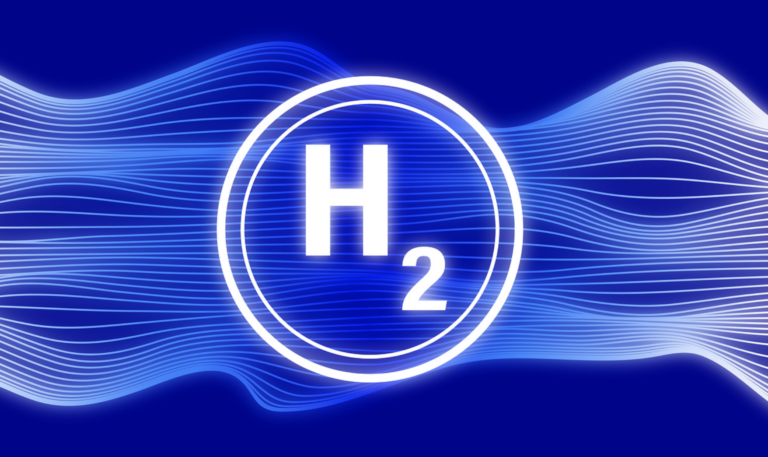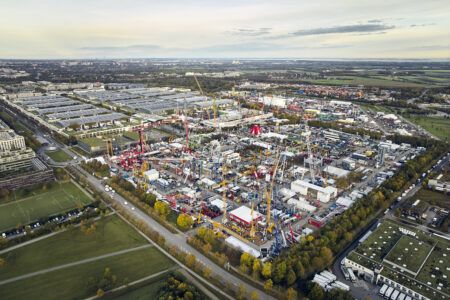The mobility industry is currently focusing heavily on reducing CO2 emissions. For on-highway vehicles clear objectives have already been defined internationally. For off-highway applications,, no binding plans have yet been set forth. However, the global decarbonisation strategy is showing increased interest in hydrogen as a fuel among OEMs and engine manufacturers in the off-highway sector.
As a development partner and system supplier for climate-friendly injection technology, Liebherr has been working on hydrogen combustion engines that can be used in on- and off-highway applications. In Deggendorf, Germany, Liebherr-Components has been developing climate-friendly injection concepts for heavy-duty engines in the range of 6 – 16 litres displacement at 200 – 450 kW power rate for some time now. Upon development, the Liebherr team on site keeps close contact with leading OEMs.
Low-pressure direct injection
Development work in the injection systems product area focuses on low-pressure direct injection (LPDI). “The greatest challenges represent different combustion processes and the behaviour of the hydrogen as a medium,” says Richard Pirkl, technical managing director at Liebherr-Components Deggendorf GmbH. “The concept of the H2 injector must ensure stable, precise and leak-free injection. To achieve this, the company’s experts in Deggendorf place particular emphasis on maximum hydrogen tightness. A two-valve concept ensures that H2 leakage is kept as low as possible. Depending on the particular configuration, the LPDI injector is designed for system pressures of up to 60 bar. Typical applications usually lie in the range of 30 bar. Initial test results show promising behaviour of the injector in terms of injection rate and small-volume capability.”
The component thus covers a wide range of applications. Today’s prototypes allow customer-specific screw inserts to interface with the hydrogen connection. They are geared towards most common connection types and offer the greatest possible flexibility in engine development. The blow cap also promises flexible handling. It is easy to replace, and its asymmetrical geometry makes an individual injection angle in the combustion chamber possible. This ensures integration into different engines with sometimes widely differing installation situations. With its flexible design, Liebherr’s LPDI hydrogen injector supports a wide range of customer-specific requirements and modular installation – centrally, laterally and at different angles.
Continuing a systems approach
Discussions lead with OEMs along with current market developments show that many engine manufacturers prefer fully integrated H2 injection systems to a single-component solution. The Liebherr team in the injection systems product area pursues this approach with its common-rail solutions for diesel fuels and continues to do so with alternative fuels.
Thus, Liebherr focuses on the sizing and design of a fully comprehensive H2 injection system, including system pressure control. This means that customers continue to enjoy the benefits of an integrated solution. In addition to the injector, the experts in Deggendorf are currently working on the development and integration of further components for system solutions.
Ultimate goal
The goal of Liebherr’s hydrogen injection technology is to ensure that the suitability of the gas injection system (GIS) meets the transient requirements of the engine. This system-oriented approach combines various components to control pressure and flow. It does so in such a way, that the usage characteristics come close to a diesel engine, while maintaining a robust system design.





